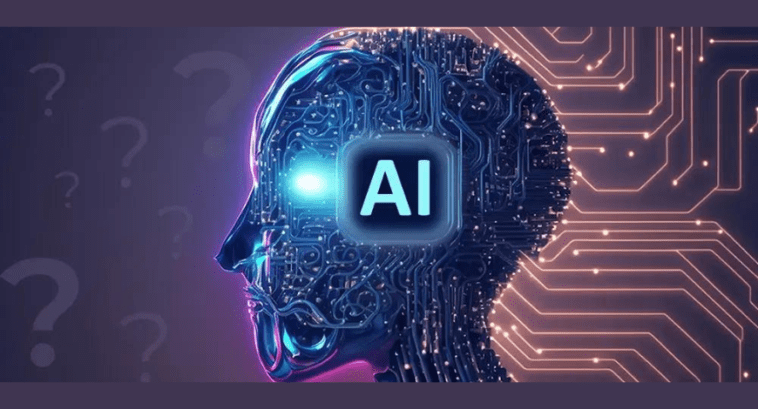According to research released on Tuesday by the European Central Bank, rapid adoption of artificial intelligence may result in lower salaries, but thus far it is generating jobs rather than eliminating them, particularly for the young and highly trained.
Businesses have made significant investments in artificial intelligence, or AI, which has left economists trying to comprehend how it will affect the labour market and instilling worries in the public about their employment’ future.
Employers are also having difficulty finding suitable candidates, even in the middle of a recession that would typically lessen competition in the job market.
According to an ECB Research Bulletin, the employment share of industries exposed to AI grew in a sample of 16 European nations, with highly-skilled jobs benefiting the most and low- and medium-skilled ones remaining mostly unaffected.
However, it also mentioned that there could be “neutral to slightly negative impacts” on earnings.
The publication stated, “These results do not amount to an acquittal.” AI-enabled technologies are still being created and used. The majority of their effects on wages and employment, and consequently on equality and growth, are still unknown.”
Contrary to earlier “technology waves,” when computerization reduced “the relative proportion of employment of medium-skilled people, resulting in “polarisation,” the findings, according to the statement, were different.





